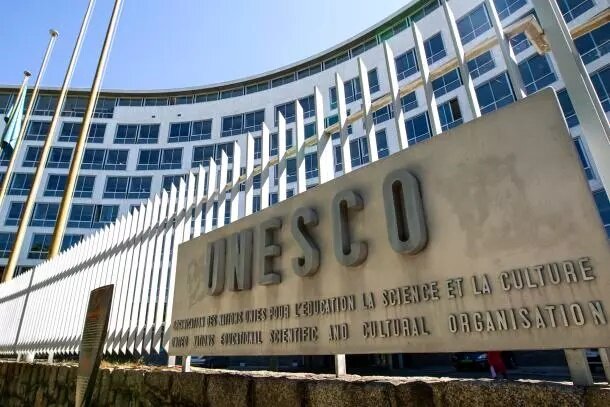Iran secures 5th place worldwide for UNESCO-listed intangible treasures

TEHRAN – Iran ranks 5th in the world for the number of intangible cultural heritage registered by the United Nations Educational, Scientific and Cultural Organization, the tourism minister has said.
“6th of Azar (Dec. 6), is an unforgettable day for Iran's Intangible Cultural Heritage, when three cultural elements were inscribed [together with some other neighboring countries] on the UNESCO list during the 18th session of the Intergovernmental Committee for the Safeguarding of the Intangible Cultural Heritage,” Ezzatollah Zarghami said on Thursday.
With the addition of Iftar and its socio-cultural traditions, the ancient Sadeh festival, and the intricate artistry of Tahzib in illuminated manuscripts, the count of globally registered intangible heritage items has risen to 24, elevating Iran from the sixth to the fifth position worldwide in the number of entries listed in the UNESCO Intangible Cultural Heritage list, the minister explained.
“So far, we have registered over 3,000 intangible heritage items nationally, many of which have the potential for global registration. However, there are significant constraints in the allocation process for global registration.”
Zarghami labeled each of the three intangible heritages of Tazhib, Iftar ritual, and Sadeh festival as possessing high cultural precedence and added: “The country's cultural and civilizational status is recognized more than ever with the global registration of intangible heritage items.”
“Introducing this treasured heritage is one of the primary duties of the Ministry of Cultural Heritage,” he said.
During the UNESCO section, Iftar and its associated socio-cultural traditions was inscribed on the Representative List of the Intangible Cultural Heritage of Humanity as a shared tradition between Iran, Turkey, Azerbaijan, and Uzbekistan.
Iran, Azerbaijan, Tajikistan, Turkey, and Uzbekistan jointly gained the honor of registering Tazhib on the prestigious list while the Sadeh festival, aka Jashn-e Sadeh in Persian, was registered as a common heritage between Iran and Tajikistan.
The festival, aka Jashn-e Sadeh, is usually celebrated on January 30th, and derives its name from the Farsi word for "one hundred" (Sad), marking 50 days and 50 nights before Nowruz, the commencement of the Iranian calendar year on March 21st. Rooted in ancient traditions, it is celebrated predominantly by Iranian Zoroastrians in cities like Yazd, Tehran, Shiraz, and Kerman. The festival commemorates the mythical discovery of fire, observed with the lighting of a large woodpile during its zenith.
Tazhib, an intricate form of Islamic illumination and ornamentation, is deeply embedded in Persian and Islamic art. Originating from ancient Persia, this refined artistic practice involves adorning manuscripts, book covers, Qur'ans, and various surfaces with intricate designs using gold, vibrant hues, and delicate patterns. While its strict definition pertains to manuscripts embellished with gold or silver, in broader terms, it encompasses any decorated or illustrated manuscript.
Iftar holds significance during the sacred lunar month of Ramadan, a period when devout believers refrain from food and drink between dawn and dusk, culminating in the breaking of the fast with the evening meal known as Iftar. These meals range from simple offerings of bread, dates, cheese, and tea to more substantial feasts. For Muslims, Ramadan, also referred to as “Ramazan-e Karim” (benevolent/merciful Ramadan), is a time for heightened devotion, humility, patience, empathy, and acceptance amid life's trials. It fosters the strengthening of communal bonds.
According to Iran’s Ministry of Cultural Heritage, Tourism, and Handicrafts, the Islamic Republic firmly adheres to the UNESCO Convention for the Safeguarding of Intangible Cultural Heritage. Earlier this year, Ali Darabi, the deputy for cultural heritage, affirmed Iran's proactive stance in implementing this convention during the 5th Ordinary Governing Council Meeting of the Regional Research Center for Safeguarding Intangible Cultural Heritage in West and Central Asia.
AFM
Leave a Comment